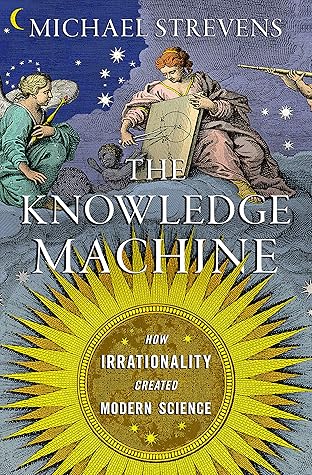I won’t explain science’s late arrival by composing a history of the origins of the Scientific Revolution. My interest is in all the apparently propitious places and times that science failed to appear. That nonappearance is to be explained by something timeless: that the iron rule, the key to science’s success, is unreasonably closed-minded. It works superbly well, but from the outside, it looks to be, quite simply, an irrational way to inquire into the underlying structure of things. The ancient Greeks had poetry, music, drama, philosophy, democracy, mathematics—each an expression and an
...more
Welcome back. Just a moment while we sign you in to your Goodreads account.


